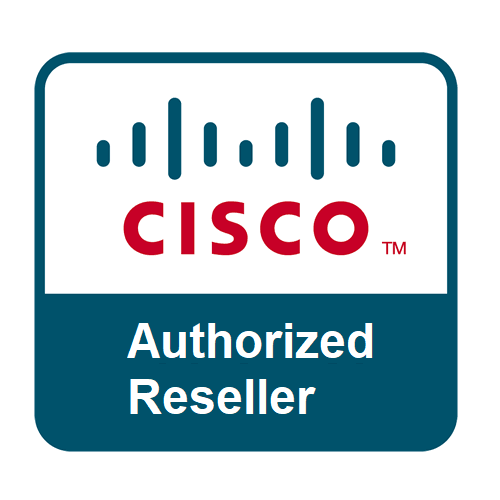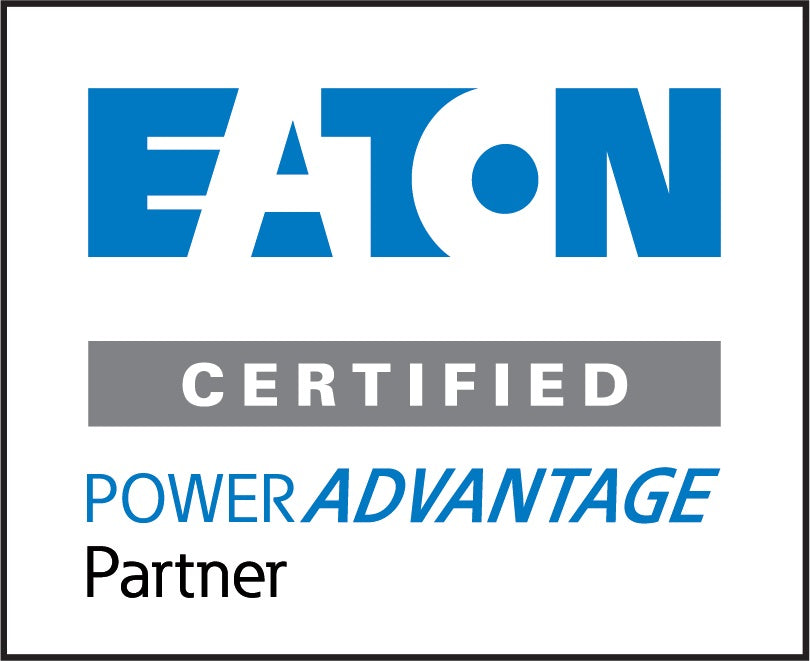The Green Advantage: How Sustainable Technologies Are Changing the Business World
In an era defined by environmental consciousness and resource scarcity, "sustainability" has evolved from a niche concern to a core business imperative. Modern businesses are no longer just looking at profit margins; they're increasingly prioritizing their environmental footprint and social impact. At the heart of this shift lies the rapid adoption of sustainable technologies, which are not only mitigating environmental damage but also fundamentally reshaping how businesses operate, innovate, and thrive.
Sustainable technologies are proving to be powerful drivers of change across every sector, offering a potent blend of ecological responsibility and economic advantage. Here’s how they are transforming the business world:
1. Driving Down Costs Through Efficiency and Renewables:
One of the most immediate and tangible impacts of sustainable technologies is their ability to reduce operational costs.
-
Energy Optimization: Smart building management systems, LED lighting, and energy-efficient HVAC (heating, ventilation, and air conditioning) reduce electricity consumption significantly. Businesses are increasingly investing in renewable energy sources like solar panels and wind turbines, not just to reduce their carbon footprint but to gain energy independence, protect against volatile energy prices, and even generate additional income by selling surplus power back to the grid.
-
Waste Reduction and Circularity: Technologies that enable advanced recycling, waste-to-energy conversion, and efficient resource utilization minimize waste disposal costs. The adoption of circular economy models, where products and materials are kept in use for as long as possible through reuse, repair, remanufacturing, and recycling, fundamentally changes production processes, reducing the need for virgin materials and cutting waste expenses.
-
Water Conservation: Innovative water-saving technologies, from low-flow fixtures to greywater recycling systems in industrial processes, help businesses in water-intensive sectors dramatically lower their water bills.
2. Enhancing Brand Reputation and Attracting Top Talent:
Today's consumers and employees are more environmentally conscious than ever before. Businesses embracing sustainable technologies gain a significant competitive edge:
-
Customer Loyalty: Consumers are increasingly choosing brands that demonstrate a genuine commitment to environmental responsibility. Transparent sustainability practices and eco-friendly products resonate deeply, fostering trust and loyalty.
-
Talent Magnet: Top talent, particularly among younger generations, actively seeks employment with companies whose values align with their own. A strong commitment to sustainability, demonstrated through the adoption of green technologies and practices, makes a company a more attractive employer, boosting recruitment and retention rates.
-
Investor Confidence: Investors are increasingly considering Environmental, Social, and Governance (ESG) factors. Businesses with robust sustainability strategies and implemented green technologies are often viewed as less risky and more future-proof, attracting greater investment.
3. Fueling Innovation and New Business Models:
The pursuit of sustainability is a powerful catalyst for innovation, leading to entirely new products, services, and business models.
-
Green Product Development: Companies are designing products from the ground up with sustainability in mind, using biodegradable materials, designing for disassembly and recycling, and minimizing packaging.
-
Product-as-a-Service (PaaS): Instead of selling products, some businesses are offering "product as a service" models (e.g., lighting as a service, clothing rentals). This incentivizes manufacturers to create more durable, repairable products, aligning their success with product longevity and resource efficiency.
-
Sustainable Supply Chains: Technologies like IoT sensors and AI-powered analytics are improving supply chain transparency and traceability, allowing businesses to source ethically, optimize logistics to reduce emissions, and manage waste across the entire value chain.
4. Building Resilience and Ensuring Regulatory Compliance:
Sustainable technologies help businesses navigate regulatory landscapes and build resilience against future disruptions.
-
Regulatory Adherence: Governments worldwide are implementing stricter environmental regulations and carbon reduction targets. Adopting sustainable technologies helps businesses comply with these evolving standards, avoiding fines and penalties.
-
Climate Resilience: Investing in renewable energy and resource efficiency makes businesses less vulnerable to supply chain disruptions caused by climate change impacts or geopolitical instability affecting fossil fuel prices.
The shift towards sustainable technologies is more than just a trend; it's a fundamental redefinition of business success. Companies that proactively integrate these innovations are not only contributing to a healthier planet but are also unlocking new avenues for cost savings, competitive advantage, customer loyalty, and long-term growth. The green revolution is here, and it's changing the business world for the better.







